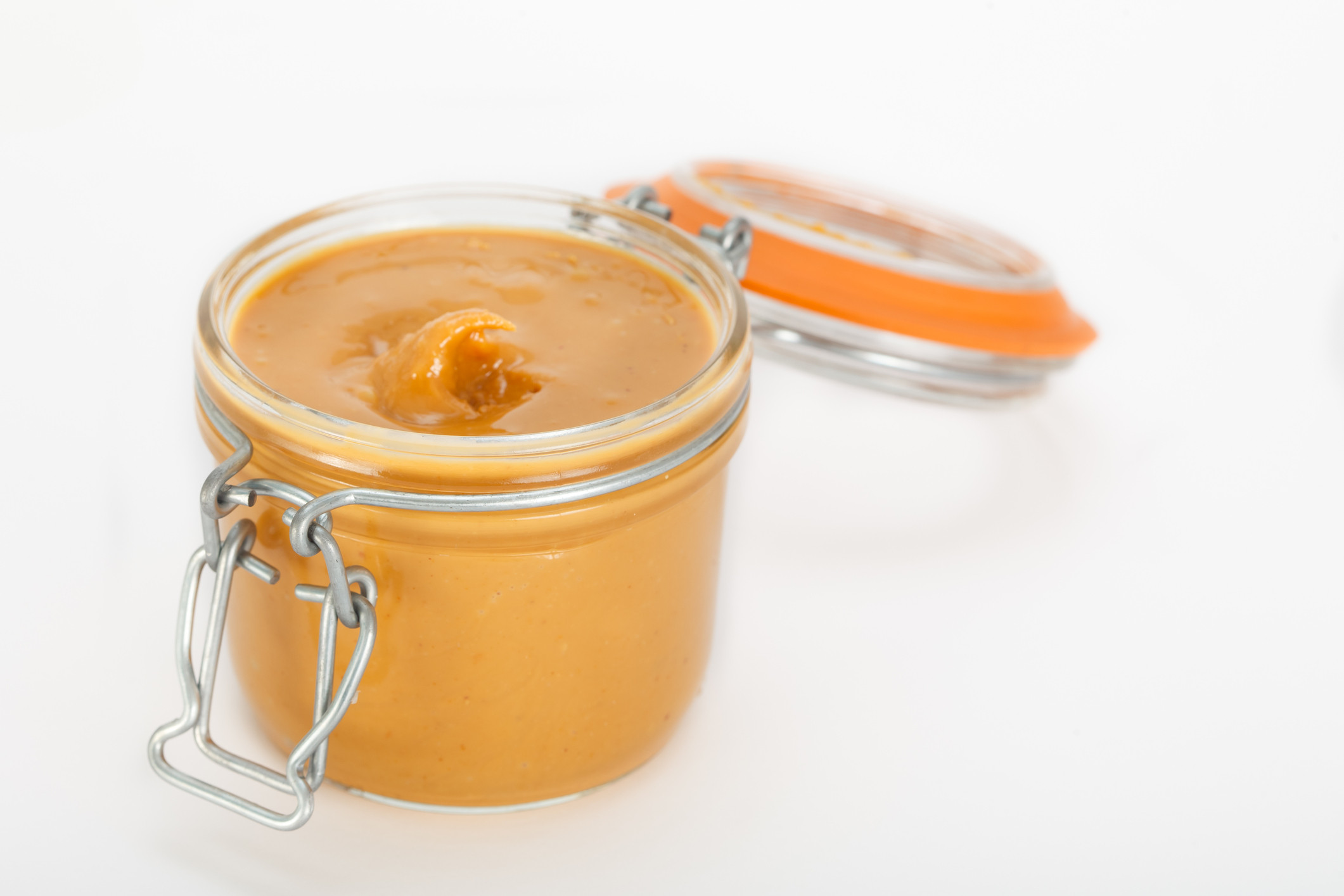New guidelines for preventing peanut allergy in babies

Follow me on Twitter @drClaire
In 2015, a study showed that giving peanut products to babies could help prevent peanut allergy. This was exciting news, given that 1-2% of children suffer from peanut allergy, an allergy that can not only be life-threatening but last a lifetime, unlike other food allergies that often improve as children get older.
This is a change for pediatricians and parents, who traditionally have thought that peanut products shouldn’t be given until children are a bit older. It’s also tricky in that babies can choke on peanuts and peanut butter. And to make it even trickier, the study cautioned that some babies at higher risk of peanut allergy might need testing before trying out peanut products. So it is great news that the American Academy of Pediatrics has come out with a guideline that gives specific guidance to pediatricians on how to implement the findings of the study.
The guideline divides babies into three groups:
- babies with severe eczema (persistent or recurrent eczema with a frequent need for prescription creams) and/or egg allergy
- babies with mild to moderate eczema
- babies without eczema or food allergy.
Testing for peanut allergy is recommended for the first group. Skin prick testing is best, but a blood test can be done also. If the testing shows allergy, the baby should see a specialist to discuss giving peanut products. Most babies can get them, but it needs to be done carefully and in small amounts. The first time should be in a doctor’s office, in case a severe allergic reaction occurs. It’s important to do this testing early, as the recommendation is that these babies should get peanut products between 4 and 6 months, once they have tried some solid foods and shown that they are ready.
The second group, those with mild to moderate eczema, don’t need to get testing — although parents should talk to their doctors about their particular situation and see if testing might be a good idea. Those babies should get peanut products at around 6 months of age, once (like the babies in the first group) they can handle solid foods.
As for babies without eczema or food allergy, the guideline says that parents should introduce peanut products “freely” into the diet along with other foods, based on their own family preferences and cultural practices. For these babies, it’s less important that peanut products be in the diet early, although it’s fine if they are.
Notice that I am saying “peanut products” and not “peanuts.” Whole peanuts, or chunks of peanuts, should never be given to babies because they can choke on them. A spoonful of peanut butter, even creamy peanut butter (never give chunky to babies!) can also be hard for babies to manage. A little bit of peanut butter (just enough to lick off a spoon) is a bit more manageable — and the AAP suggests mixing it into purees. Families can also give snacks or foods made with peanut butter. In the original study, researchers used an Israeli snack called Bamba.
At the 2- or 4-month checkup, parents should talk to their doctor about what group their baby falls into, and about any other factors — like a family history of peanut or other food allergy — that might be important. That gives them and their doctor time to figure out if testing is needed, and talk about the best plan for preventing food allergy in their baby.
About the Author

Claire McCarthy, MD, Senior Faculty Editor, Harvard Health Publishing
Disclaimer:
As a service to our readers, Harvard Health Publishing provides access to our library of archived content. Please note the date of last review or update on all articles.
No content on this site, regardless of date, should ever be used as a substitute for direct medical advice from your doctor or other qualified clinician.












